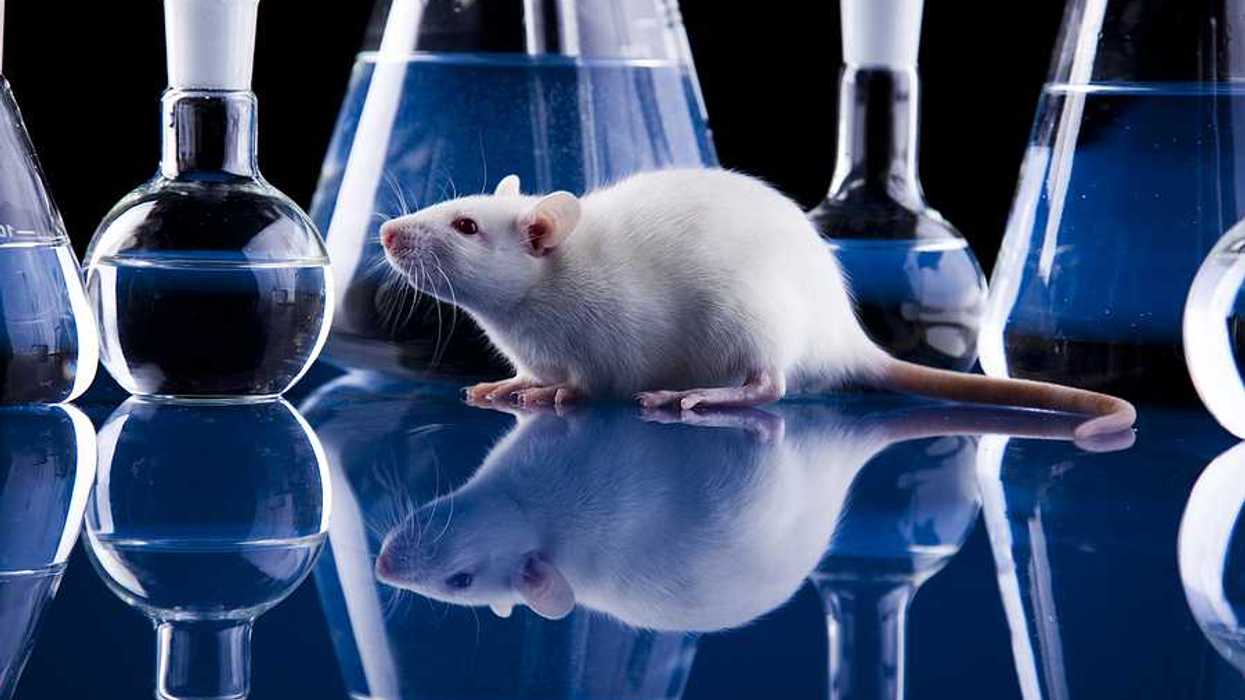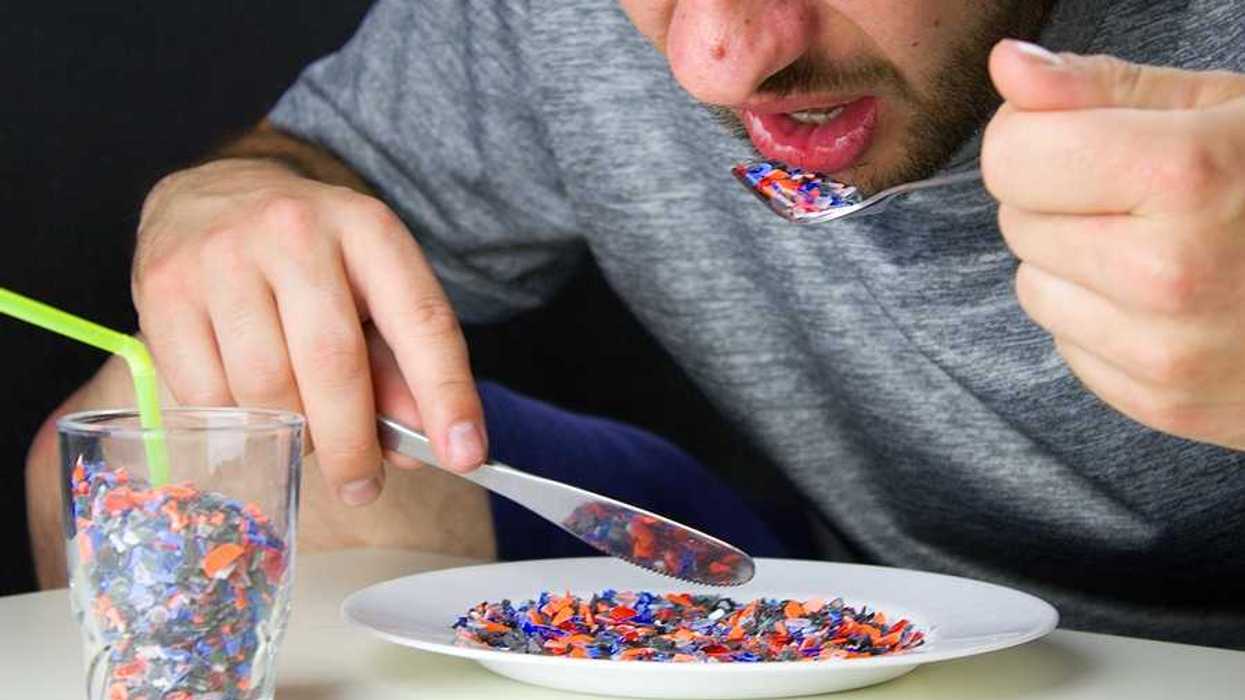Patients who had micro- and nanoplastics (MNPs) in their arteries were twice as likely to experience cardiac events such as heart attacks, stroke, or death compared to those who did not, according to a study published in The New England Journal of Medicine.
In short:
- Of the patients studied, over 58% had plaque in their arteries that contained MNPs.
- Patients with MNPs in their plaque were more likely to be young men, and were more likely to have diabetes and cardiovascular disease.
- Differences in patients’ geographic location did not have any impact on the presence of MNPs, highlighting the widespread nature of MNP exposure.
Key quote:
“Multiple lines of evidence now indicate… that plastics are neither as safe nor as inexpensive as they seem. The benefits of plastics come at great and increasingly visible costs to human health and the environment.”
- Dr. Philip Landirgan, via NEJM’s accompanying editorial
Why this matters:
Micro- and nanoplastics - which are a byproduct of the natural breakdown of plastic over time - can enter the human body through ingestion, inhalation, and even skin contact. Studies have found MNPs in several human tissues, including the placenta, liver and lymph nodes, but this is the first to link MNPs with human health issues. The authors of this study point to the urgent need for more research to better understand the potential harm that accompanies MNPs.
Related EHN coverage:
More resources:
CUSP is a European research cluster focused on understanding the health impacts of micro- and nanoplastics (MNPs). Their website includes resources on new science, events, and health research.
Marfella, Raffaele et al. for The New England Journal of Medicine vol. 390, 10. Mar. 7, 2024, and Dr. Philip Landrigan’s accompanying editorial.
- Microplastics and pollution combine to become much more toxic: Study ›
- How do microplastics impact our gut health? ›
- Microplastics in farm soils: A growing concern ›

















